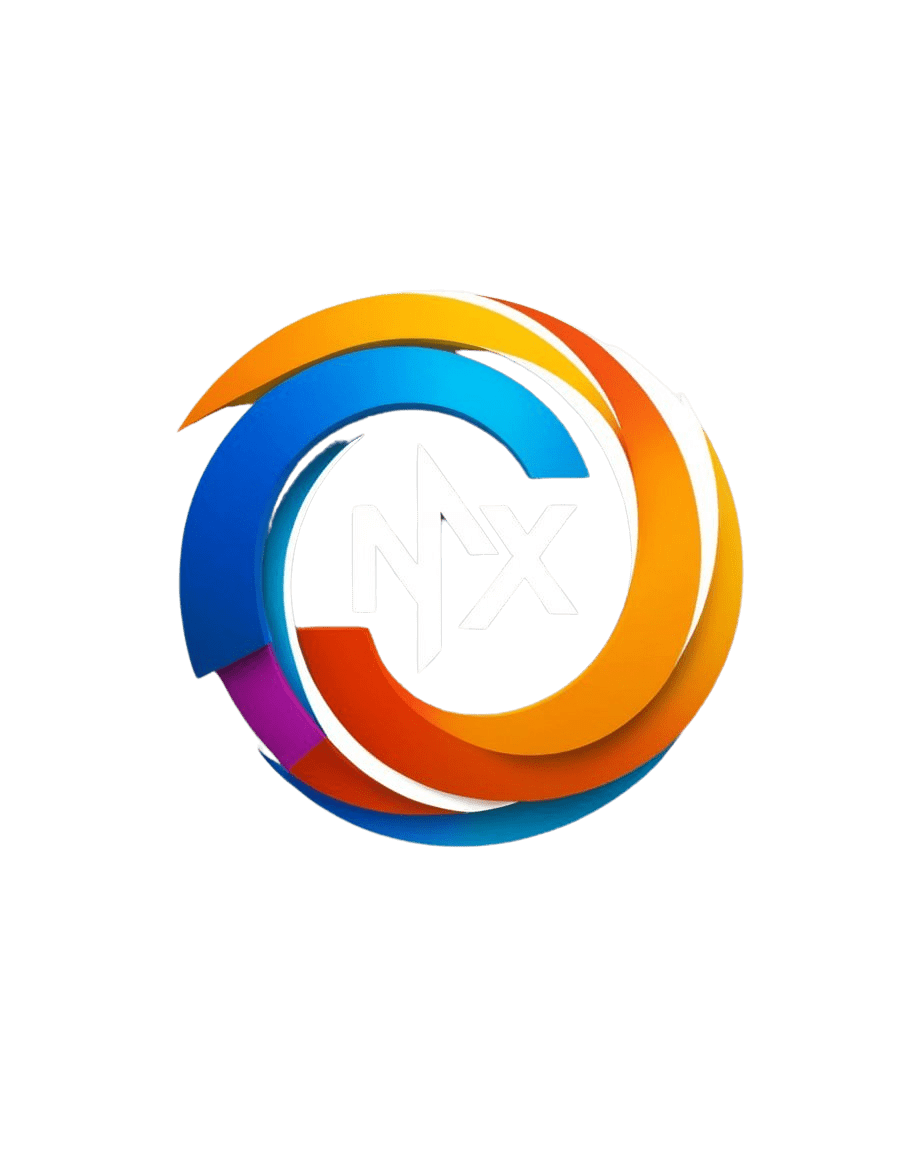Unmasking Car Insurance Fraud: How to Spot and Avoid Loan Scams




Car insurance fraud is a deceptive act committed against insurance companies for financial gain, costing Americans billions of dollars annually 1 4. It involves dishonest practices like lying about garaging addresses, exaggerating accidents, or filing multiple claims for a single incident 2 3. Common insurance scams range from soft fraud like omitting details to hard fraud felonies like staging accidents or reporting vehicles as stolen 3 4.
There are two main types: soft fraud that exaggerates claims, and hard fraud with more serious offenses like faking accidents or abandoning cars 3. Examples include providing false addresses for cheaper premiums, billing scams, and counterfeit airbag installations 3 4. Consequences can be severe, with potential felony convictions, prison time, heavy fines, and court-ordered restitution to insurance companies 3 5.
Common Car Insurance Scams
Common car insurance scams can be broadly categorized into staged accidents, repair scams, towing scams, false medical claims, and agent fraud 6.
Staged Accidents
Criminals often stage elaborate accidents to file fraudulent claims against insurance companies. Some common staged accident schemes include:
- Turn Drive Downs: Luring a driver into making a turn and then setting up a collision 6.
- Wave Down: One scammer waves a driver on, while another scammer collides with them 6.
- Rear-End Collisions: Scammers cause rear-end collisions, sometimes using the ‘swoop-and-squat’ method where one car cuts off another, forcing them to brake suddenly 6 8.
- Extra Damage: Scammers intentionally cause extra damage to their vehicles to inflate insurance claims 6.
- Past Posting: Manipulating paperwork to make it appear as if uninsured motorists had coverage at the time of the accident 6.
Repair Scams
Dishonest repair shops may engage in various scams, such as:
- Using low-quality or counterfeit parts, like fake airbags 6.
- Glass Fraud: Filing inflated claims for windshield repairs 6.
- Chop Shops: Using parts from stolen vehicles 6.
- Phantom Repairs: Charging for services not actually performed 6.
Towing Scams
Tow truck operators may take cars and hold them ‘hostage’ until exorbitant fees are paid 6.
False Medical Claims
Scammers may forge medical bills, charge for unnecessary procedures, or sue for false pain and suffering claims 6.
Agent Fraud
Dishonest insurance agents may steal premiums without setting up coverage, ‘slide’ extra coverage into policies without the customer’s knowledge, or engage in ‘fee churning’ by taking commissions from reinsurance agreements 6.
Other common scams include vehicle dumping (disposing of a vehicle and reporting it stolen), false registration to get lower rates, exaggerated repair costs, faulty airbag/windshield replacements 2, and criminals posing as ‘bad Samaritans’ to obtain personal information for filing false claims 7.
Warning Signs
Unsolicited Offers and Requests
Warning signs of a potential insurance scam include unsolicited roadside assistance, requests to pay money on the spot, and strangers asking for access to your financial accounts 6. Be wary of any unsolicited offers or requests, especially from individuals you do not know or trust.
Suspicious Behavior
Typical signs of potential casualty insurance fraud include the person being overly knowledgeable about insurance claims (“claim smart”), pushy or demanding, providing a P.O. box or hotel address, and threatening to seek an attorney or physician 11.
Accident Circumstances
Typical signs of a potentially fraudulent car accident include:
- The accident occurring shortly after the vehicle was purchased or registered 11.
- No police report or an over-the-counter report 11.
- The claimant having a history of accidents within a short period 11.
Damage Discrepancies
Typical signs of potential auto physical damage fraud include:
- Serious accident with extensive damage but only a minor injury 11.
- The vehicle remaining drivable despite the expensive damages claimed 11.
- No towing charges 11.
Medical Claim Irregularities
Typical signs of potential medical fraud or claim inflation include:
- Three or more people alleging the same type of injury 11.
- All injuries being subjectively diagnosed 11.
- All claimants showing treatment at the same facility 11.
Accident Scheme Indicators
Accident scheme indicators include:
- The accident caused by a sudden or unwarranted stop or lane change 12.
- The accident occurring shortly after vehicle rental, purchase, or registration 12.
- Extensive vehicle damage but minor or subjective injuries with little medical treatment 12.
Claim Indicators
Claim indicators include:
- The accident description suggesting a “set up” scenario 12.
- Damage allegedly repaired before inspection or paid in cash without a receipt 12.
- The loss occurring soon after moving into an area or acquiring insurance coverage 12.
Individual/Party Indicators
Individual or party indicators include:
- Abusive or threatening language if the claim is not proceeding as expected 12.
- The address having a history of similar prior claims 12.
- The person being unusually familiar with insurance terminology and processes 12.
Repair Facility/Contractor Indicators
Repair facility or contractor indicators include:
- Bills submitted weeks or months after work done 12.
- Excessive or unusual charges 12.
- Frequent business name changes or high turnover 12.
Vehicle Indicators
Vehicle indicators include:
- Expensive or luxury vehicles used for losses 12.
- The vehicle being purchased very recently 12.
- The vehicle having a theft, claims, or salvage history 12.
Reporting Scams
Reporting Procedures
If you suspect car insurance fraud, it’s crucial to report it promptly to the appropriate authorities. Here are the steps to follow:
- Notify Your Insurance Company: Contact your insurance agent or claims adjuster immediately and provide them with all relevant details and documentation regarding the suspected fraud 6 7 2.
- Report to Authorities: File a report with your local law enforcement agency, providing them with the details of the suspected fraudulent activity 6 7.
- Contact the National Insurance Crime Bureau (NICB): The NICB is a non-profit organization dedicated to combating insurance fraud. You can report suspicious activity to them through their website or by calling their hotline 13 6.
- Inform State Insurance Department: Report the suspected fraud to your state’s insurance department or fraud bureau 7 10. For example, in Texas, you can report fraud to the TDI Fraud Unit online or by calling their hotline within 30 days, as required by law 10.
- Federal Agencies: For cases involving Medicare, Medicaid, or drug/health care discount programs, you can report the fraud to the Texas Attorney General’s Consumer Protection Hot Line 10.
Reporting suspected fraud is crucial as it helps prevent insurance rates from increasing and protects you and others from becoming victims 2. Additionally, some states, like Texas, have laws that protect individuals from retaliation for reporting fraud in good faith 10.
Precautions
While reporting suspected fraud, exercise caution and be wary of unsolicited tow truck drivers or ‘helpful’ bystanders, as they may be part of the scam 7. Thoroughly document all incidents and interactions, and avoid engaging with individuals who seem suspicious or pushy 11 12.
By promptly reporting suspected car insurance fraud to the appropriate authorities, you can help combat this illegal activity and protect yourself and others from falling victim to these scams.
Expert Tips for Avoidance
Shopping Wisely
To avoid falling victim to car insurance fraud, experts recommend shopping around and comparing prices, benefits, and rates from multiple authorized and legitimate insurance companies before purchasing a policy 1. Be wary of premiums that seem too good to be true, as they may indicate fraudulent activity 1.
Thorough Application Process
- Fill out insurance applications carefully and accurately, without providing any false information 1.
- Always pay insurance premiums by check or money order, not cash, and keep receipts as proof of payment 1.
- Expect to receive a copy of the insurance policy in a reasonable timeframe and review it carefully 1.
- Take advantage of the free-look period to review the policy after receiving it 1.
Maintaining Records
Keep copies of all insurance records, including premium payments, in a secure location 1. This can help protect against potential fraud and provide documentation if needed.
Honesty and Transparency
To avoid insurance fraud, experts emphasize the importance of being honest and upfront with insurance applications and claims 3 13. Get a photo inspection of your vehicle in states that require it, and shop around to find the best rates and coverage for your situation 13.
Verifying Credentials
- Verify the credentials of insurance agents or brokers before working with them 6.
- Carefully review policy documents and work with reputable agencies 6.
- Guard your insurance ID number and be wary of unsolicited offers 6.
Accident Documentation
- Experts recommend documenting accidents thoroughly, including taking photos and obtaining an official police report 6 7.
- Choose repair shops recommended by your insurance company 6.
Avoiding Premium Diversion Scams
To avoid premium diversion scams, where a dishonest agent collects premiums but doesn’t provide coverage, experts suggest:
- Working with a trustworthy agency 9.
- Ensuring the agent is licensed 9.
- Maintaining payment records 9.
- Making payments directly to the insurance company 9.
Staged Accident Prevention
- Install a dash cam and drive safely 9.
- Be wary of drivers waving you forward, as it could be a setup for a staged accident 9.
General Precautions
- Beware of low premiums and policies sold door-to-door or over the phone 10.
- Get agent and company information from the Texas Department of Insurance (TDI) 10.
- Take your time when buying insurance and pay by check or credit card 10.
- Be cautious of unsolicited assistance or offers, and document everything at the scene of an accident 6.
- Call for towing assistance yourself, using your insurance company’s preferred providers 6.
By following these expert tips, you can significantly reduce the risk of falling victim to car insurance fraud and protect yourself from potential financial losses.
Choosing Reputable Providers
When choosing a reputable car insurance provider, it’s crucial to exercise caution and conduct thorough research to avoid falling victim to scams. Bystanders may approach you after an accident and recommend specific repair shops, doctors, or tow companies that they get kickbacks from, so experts advise researching options yourself and avoiding suggestions from bystanders 8.
Auto glass repair scams involve convincing you to get unnecessary glass repairs or replacements and file inflated claims, so experts recommend only working with licensed, insured companies and avoiding anyone pressuring you 8.
Licensing and Legitimacy
It’s illegal to sell insurance in Texas without a license, except for surplus lines carriers 10. Unlicensed companies may not have the financial resources to pay claims. They may collect premiums and pay small claims initially, then disappear when you have a large claim 10. Therefore, it’s essential to verify the licensing and legitimacy of any insurance provider you consider.
Evaluating Insurance Companies
When determining your unique insurance needs, consider factors like being a defensive driver, having teen drivers, or wanting to bundle policies 15. Research both large and small insurance companies that offer coverage in your area, looking for companies that offer discounts and savings opportunities you qualify for 15.
Utilize customer satisfaction rankings from J.D. Power and financial strength ratings from AM Best to evaluate insurance companies objectively 15. Evaluate a company’s digital tools and customer service features, such as mobile apps, online portals, and additional perks beyond just the insurance coverage 15.
Comparing Quotes and Coverage
Get quotes with the same coverage levels to do an apples-to-apples comparison, and work with an insurance agent if you need help determining appropriate coverage 15. Factors that influence car insurance premiums include driver profile, car type, credit history, and external conditions like weather and traffic patterns 16.
Shopping around every few years can often get you a better price, as insurers may use ‘price optimization’ to raise rates for customers they think are less likely to switch 16. When choosing an insurer, focus on more than just the lowest premium – also consider factors like claims processing, customer service, policy review, and proactive advice 16.
Coverage Considerations
Don’t skimp on liability coverage, and consider adding uninsured/underinsured motorist coverage as well 16. You may be able to save by adjusting your deductibles, dropping unnecessary coverages for older cars, and taking advantage of available discounts 16.
Top Car Insurance Companies
The best car insurance companies for 2024 include Travelers, NJM, Geico, American Family, Auto-Owners, Amica, and State Farm, each with their own strengths and specialties 17:
| Company | Key Features |
|---|---|
| Travelers | Broad range of coverage options and discounts, fewer customer complaints than expected 17. |
| NJM | Lowest average annual rates for full coverage insurance, but only available in 5 states 17. |
| Geico | Two ways to get accident forgiveness, protecting your rates after a crash 17. |
| American Family | Far fewer customer complaints than similar-sized insurers 17. |
| Auto-Owners | Strong financial strength ratings, indicating its ability to pay claims 17. |
| Amica | Offers the most discounts compared to other insurers, including perks like accident forgiveness 17. |
| State Farm | High customer satisfaction ratings 17. |
By carefully evaluating insurance companies, comparing quotes and coverage options, and considering factors like customer service and financial strength, you can choose a reputable provider that meets your needs and protects you from potential scams.
Conclusion
Combating car insurance fraud is a collaborative effort involving individuals, insurance companies, and law enforcement agencies. By staying vigilant, conducting thorough research, and following expert advice, you can protect yourself from falling victim to these costly scams. Reporting any suspicious activities promptly and choosing reputable insurance providers can go a long way in curbing the prevalence of insurance fraud and safeguarding the integrity of the industry.
Ultimately, honesty and transparency are the keys to avoiding car insurance fraud. Maintain accurate records, provide truthful information, and remain cautious of unsolicited offers or promises that seem too good to be true. By prioritizing ethical practices and fostering a culture of accountability, we can create a safer and more trustworthy environment for all stakeholders involved in the car insurance industry.
FAQs
What are the warning signs of auto insurance fraud? Be cautious of several warning signs that may indicate insurance fraud: a history of frequent claims, a new claim filed soon after a policy starts that resembles a previous claim, or an insured who suddenly increases their homeowners or auto coverage just before filing a claim.
What forms of car insurance fraud are most prevalent? The most common types of car insurance fraud include staged accidents, fraudulent medical claims, and deceit by insurance agents. To protect yourself, practice defensive driving and report any suspected fraud to your insurance agent, local law enforcement, and the National Insurance Crime Bureau.
Can you give an example of “soft” insurance fraud? Soft insurance fraud can occur in various ways, such as not disclosing all household drivers to the insurance company or exaggerating the value of stolen items or damage in a claim.
What can prompt an investigation into insurance fraud? An insurance fraud investigation can be initiated by several factors. Insurers may become suspicious and investigate if there is a notably high frequency of claims or if the insured’s behavior seems potentially fraudulent.
